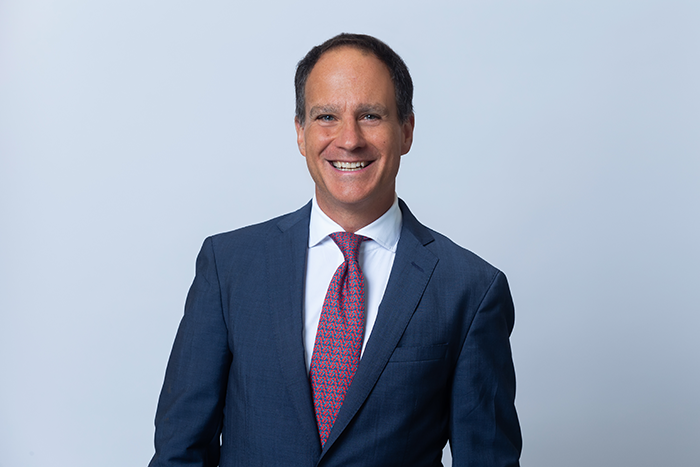
God then surveyed all that [God] had made, and look—it was very good! (Genesis 1:31)
When we think of Shabbat, we think of the smell of challah baking, festive singing, time with family, delicious meals, and sweet wine. The Sabbath is a day of such joy, that as Rabbi Theodore Friedman has shown in “Shabbat as a Preview of the Perfected World,” the classical Rabbis understood it as a taste of olam haba (the world to come), – a messianic time of perfection in which “every man will sit under his vine and beneath his fig tree, and none will make them afraid” (Micah 4:4).
For this reason, I would argue that ultimately Shabbat is a call to action. Though on the seventh day we experience the world as it should be, the other six days each week we inhabit the world as it is. The “real world” is broken. Therefore, while Shabbat is a day of rejoicing, it also has the power to agitate. Shabbat pushes us to see injustice in our world – to worry for those who cry out in hunger around us, to mourn the loss of our natural resources, and to rage against the forces of oppression and injustice that plague humanity.
Our rituals, observances, and celebrations of the seventh day all seek to fulfill the promise of Creation, to inspire our hope for redemption, and to depict a vision of tikkun olam, a world repaired. The Rabbis understood the connection between appreciating God’s Creation and the human responsibility for stewardship. They taught in the classical midrash: “When God created Adam, God led him around the Garden of Eden and said to him, ‘Behold my works. See how wonderful and beautiful they are. All that I have created, for your sake did I create it. Now see to it that you do not spoil and destroy my world, for if you do, there will be no one to repair it after you’” (Kohelet Rabbah 7:13).
Just as Shabbat calls us to provide rest for the earth, it reminds us that rest for human beings is an imperative of social justice. Shabbat reminds us that we are children of God (created in God’s image), not instruments of Pharaoh or any other oppressor. The connection between Shabbat and freedom from the slavery of Egypt is first made in the Torah, Deuteronomy 5:13–15:
Six days you shall labor and do all your work, but the seventh day is a sabbath of the Eternal your God; you shall not do any work – you, your son or your daughter, your male or female slave, your ox or your ass, or any of your cattle, or the stranger in your settlements, so that your male and female slave may rest as you do. Remember that you were a slave in the land of Egypt, and the Eternal your God freed you from there with a mighty hand and an outstretched arm; therefore the Eternal your God has commanded you to observe the Sabbath Day.
Perhaps the most radical aspect of the Deuteronomy text is that every being enjoys the Sabbath, including animals and slaves. Since its very inception, Shabbat obligates the Children of Israel to treat all workers ethically and, even more radically, to see every human being (Jew and non-Jew alike) as deserving of freedom, equality, and justice.
Let us remember Rabbi Abraham Joshua Heschel, the rabbi who marched with Dr. Martin Luther King, Jr. in Selma, AL, and described it as if “my legs were praying.” In his book, Moral Grandeur and Spiritual Audacity: Essays, he famously wrote, “Morally speaking, there is no limit to the concern one must feel for the suffering of human beings, that indifference to evil is worse than evil itself, that in a free society, some are guilty, but all are responsible.” On Shabbat, we taste perfection – and then we are called to action, responsible for the well-being of the earth itself and for all those who suffer amidst the brokenness of injustice.
This essay is excerpted from Rabbi Pesner’s contribution to the CCAR Press’s newest book, Seven Days, Many Voices: Insights into the Biblical Story of Creation, which is available for pre-order.

